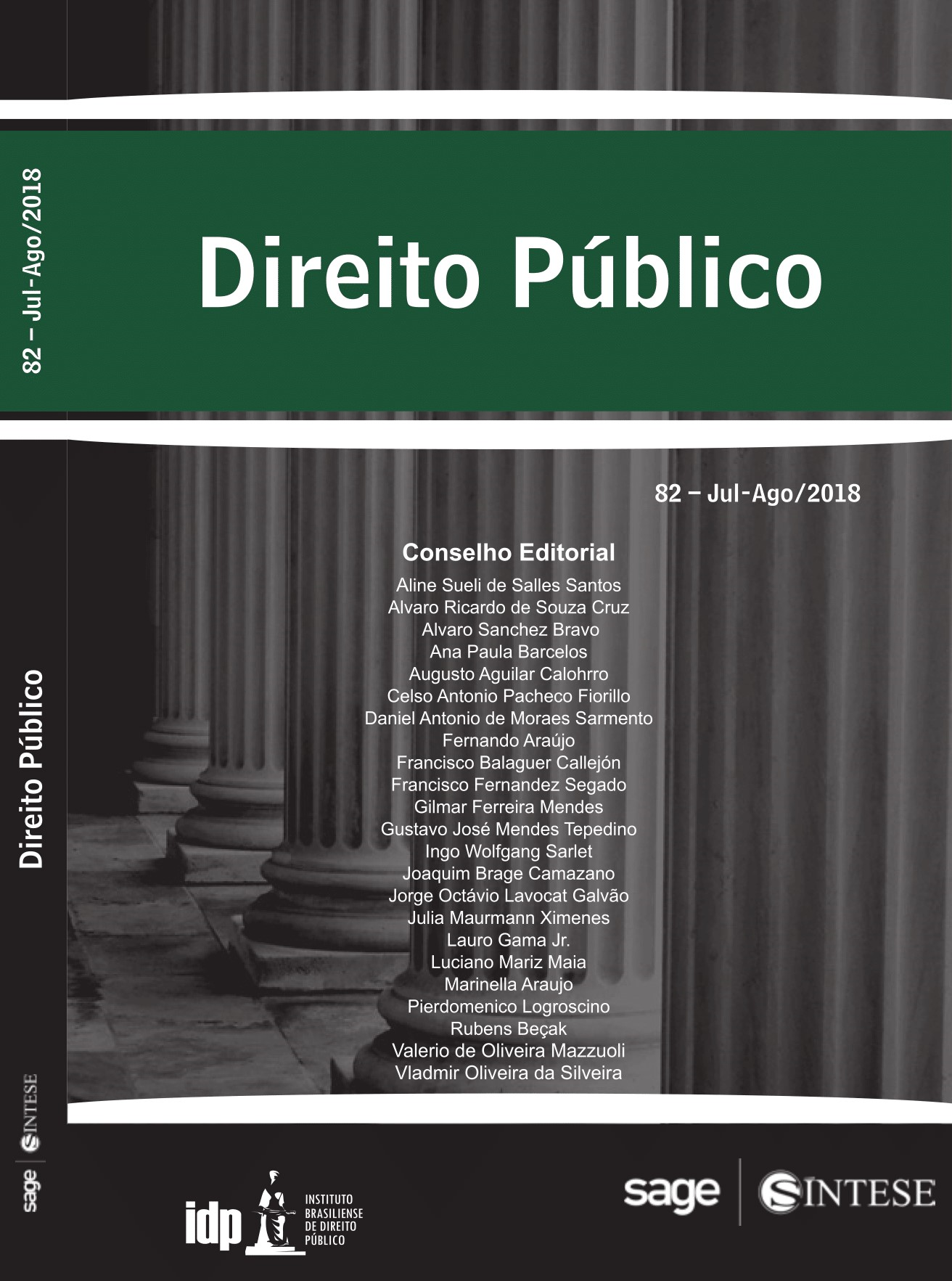Biotechnologies and Human Dignity
Resumo
Modern biotechnologies are among the reasons explaining the new focus on the idea of human dignity in public, political and scientific discourses. Topics being debated range from assisted reproduction, cloning, genetic diagnostics and genetic intervention, neuroprosthetics, cyborgs or artificial life all the way to visions of ‘transhumanism’ or ‘posthumanity’. With their potential for bringing about radical transformations, advanced biotechnologies are forcing the notion and boundaries of what is human to be revisited. The biological foundations of humankind are more and more accessible, can be modified in a targeted way, and thus become the object of decisions. Naturalistic self-descriptions are being questioned and replaced by forms of description which are explicitly culturally constructed. We have to rethink the very question of what it means to be human and how we are to construct human boundaries or the difference between human beings and their environment. This creates a new background for the normative concepts of human rights, rights of the individual and human dignity. Through reference to the dignity of a human being and to the idea of dignity, the concept of human dignity implies notions attached to what constitutes being human. This fundamental meaning is supported by the multifarious traditions of human dignity, by its function as a key concept in interdisciplinary debates and not least by its prominent status in legal texts and discourses. Views of the role of human dignity, though, could not be more divergent. The conviction that dignity is an essential normative concept is juxtaposed with criticism that it is useless, nebulous, incoherent or even reactionary. This article starts by providing an overview of significant biotechnological fields and visions as well as of essential discussions referring to human dignity. The analysis identifies core problems and new challenges regarding human dignity and its use as an argument (I.). Since biotechnologies and the societal discourse on them develop, approaches to human dignity and potential violations become more nuanced (I. A-H.). The second part examines, particularly with regard to new challenges of biotechnologies, legal contexts of human dignity, especially texts and documents enshrining human dignity (II. A.), legislation (II. B.), the reasoning of courts (II. C.) and scientific discourses (II. D.). In the final part of this article, I will focus on the need to contextualize and differentiate the concept of human dignity – a concept that is probably more obviously than ever before a social construction as well as an extraordinarily complex legal conception (III.). Biotechnologies will prove to be a productive field of reference for discourse about human dignity, and the idea of human dignity is by no means useless.Downloads
Downloads
Publicado
Como Citar
Edição
Seção
Licença
O(s)/A(s) autores(as) dos manuscritos submetidos concorda(m) com as regras a seguir:
1) Todos os autores e autoras participaram do trabalho, são responsáveis pelas ideias e conceitos nele emitidos e atestam sua conformidade com os princípios éticos exigidos.
2) Todos os autores e autoras concordam com a forma final do trabalho e em ceder os direitos para publicação nos canais de publicação da Escola de Direito do IDP.
3) Todos os autores e autoras informam que o manuscrito é de sua autoria e assumem a responsabilidade pelo trabalho, declarando que a obra a ser publicada não infringe quaisquer direitos de propriedade intelectual de terceiros.
3.1) Em caso de submissão simultânea, além da reprovação imediata do artigo e comunicação ao(s) respectivo(s) periódico(s), a Revista Direito Público se reserva o direito de não receber novas submissões de todos os autores implicados pelo prazo de 2 (dois) anos, contado a partir da data de ciência do fato.
4) Todos os autores e autoras autoriza(m) a edição de seu trabalho e cede(m) à Escola de Direito do IDP os direitos de autor para reproduzir, editar e publicar ou veicular o citado trabalho em qualquer forma midiática, resguardada a autoria, em particular sob forma digital, em arquivo eletrônico online na Internet, bem como armazená-los em seu repositório de acordo com o desenvolvimento do processo editorial. Esta concessão não terá caráter oneroso para a Escola de Direito do IDP, não havendo remuneração sob qualquer modalidade pela utilização do referido material, tendo este o caráter de colaboração científica.












